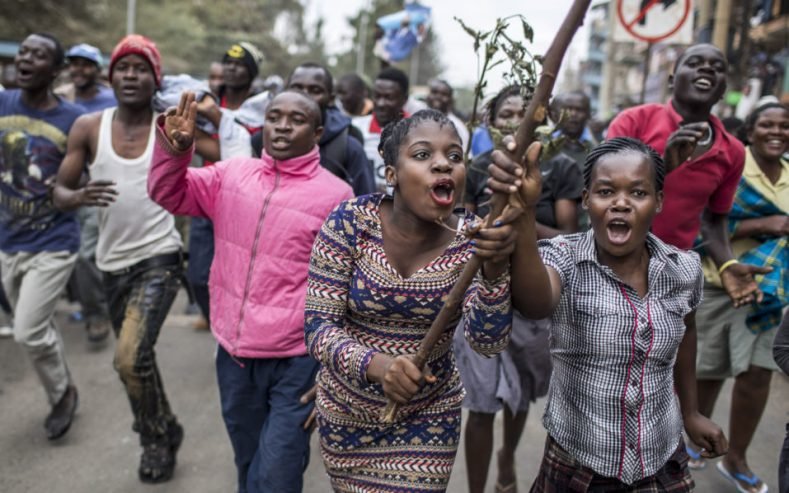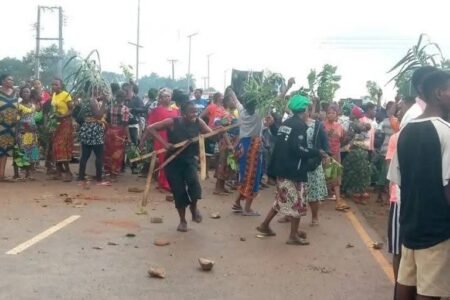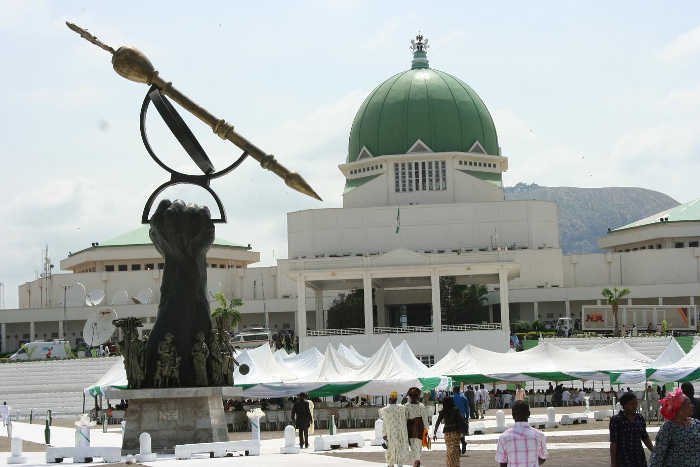Kenya’s opposition staged candlelight vigils in key cities on Wednesday in memory of the more than two dozen people killed and dozens injured during protests this month over high living costs and tax rises imposed in June.
Raila Odinga, the opposition leader, has regularly advocated for acts of civil disobedience against a government he accuses of rising living costs and consolidating control.
He leads the Azimio la Umoja (Declaration of Unity) alliance, which organised five rallies earlier this month, generating considerable disruption and, in some cases, violent clashes with police.
“Kenyans have been subjected to horror and terror in recent days.” “People have been shot dead, beaten to a pulp, or maimed for protesting against policies that they believe are working against them,” said Kalonzo Musyoka, a seasoned lawmaker in the Azimio alliance.
Police murdered 37 people during the protests, according to the Kenyan rights group Independent Medico-Legal Unit, while Azimio believes at least 50 people were killed.
According to the interior ministry, charges that security officers perpetrated extrajudicial murders or used excessive force are incorrect and malicious.
On Wednesday, Odinga, Musyoka, and other opposition officials paid visits to injured demonstrators in two Nairobi hospitals.
“Kenyans are still suffering, and we will not give up until this regime recognises the grim reality of suffering and agrees to repeal the Finance Act,” Musyoka said, referring to legislation that Kenya’s High Court has blocked awaiting a judicial challenge.
Odinga has previously won important posts in government by striking deals with people in power during times of instability, but he has stated that he is not interested in any role in President William Ruto’s administration.
Ruto has stated that he will not invite Odinga into his government but is willing to meet with him.
“As you have always known, I am available to meet one-on-one with you anytime at your convenience,” Ruto posted on X, formerly known as Twitter.











